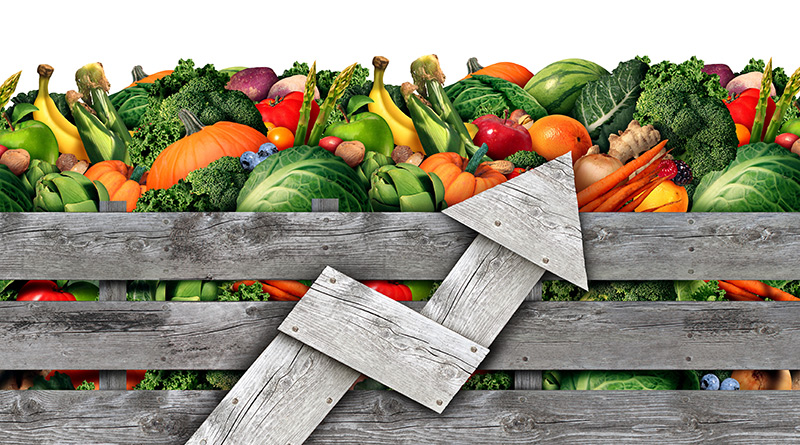UK Inflation Rises for the Second Month in a Row

The UK inflation rate has gone up for the second month in a row, rising at the fastest rate since March. Year-on-year inflation rose to 2.6% in November, up from 2.3% in October, year-on-year core Inflation (excluding food and energy) rose to 3.5% in November, up from 3.3% in October, and month-on-month inflation rose by 0.1% in October, down from 0.6% in October.
The increase, takes inflation further away from the Bank of England’s target of 2%, and is
the biggest increase since March, leading economists to rule out any prospect that the Bank of England will cut its main interest rate from 4.75% after its policy meeting tomorrow (December 19).
Grant Fitzner, the ONS’s chief economist, said:
“Inflation rose again this month as prices of motor fuel and clothing increased this year but fell a year ago.
“This was partially offset by air fares, which traditionally dip at this time of year, but saw their largest drop in November since records began at the start of the century.”
Isaac Stell, Investment Manager at Wealth Club said:
“Headline inflation continued its reacceleration in November to the highest rate since March 2024. This second consecutive monthly reacceleration can largely be attributed to rising transport costs, housing, and household service costs. Services inflation, a key gauge for the Bank of England came in a touch below expectations at 5%.”
“The strength of the latest inflation figures, coupled with Tuesday’s higher than expected wage growth data may well put to bed the possibility of a pre-Christmas rate cut from the BoE on Thursday. Although the public may feel Andrew Bailey and co are channelling their inner Scrooge, prudence on the BoE’s part seems sensible as no one wants to see the inflationary ghosts of Christmas past return.”
“This latest inflationary spike adds to the New Year challenges facing the BoE. With businesses shouldering the Chancellors national insurance rises, the indication of prices hikes from companies have been coming thick and fast. There may be cuts to jobs and less generous pay rises to boot. Those hoping to see a continuous stream of rate cuts in 2025 will likely be disappointed.”
Chancellor Rachel Reeves said:
“There is “more to do” to combat cost-of-living pressures.
“I know families are still struggling with the cost of living and today’s figures are a reminder that for too long the economy has not worked for working people,” she said.
“Since we arrived real wages have grown at their fastest in three years. That’s an extra £20-a-week after inflation.”
“But I know there is more to do. I want working people to be better off which is what our Plan for Change will deliver.”
Kate Nicholls, Chief Executive of UKHospitality, said:
“The continued increase in inflation is concerning, and inevitably makes day-to-day life harder for businesses and consumers. Combined with lacklustre growth figures, it makes for a troubling economic picture.
“Despite these inflation figures, incentivising growth should remain the central goal for the Government, and the Bank of England can play an important role tomorrow by lowering interest rates.
“Changes to employer NICs, particularly lowering the threshold, remains the biggest barrier for hospitality businesses and we urgently need the Chancellor to rethink these changes to protect businesses and team members.”
